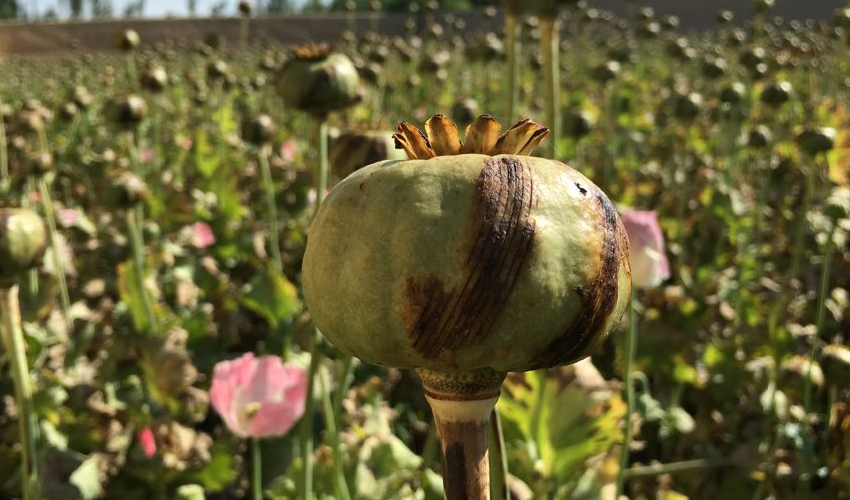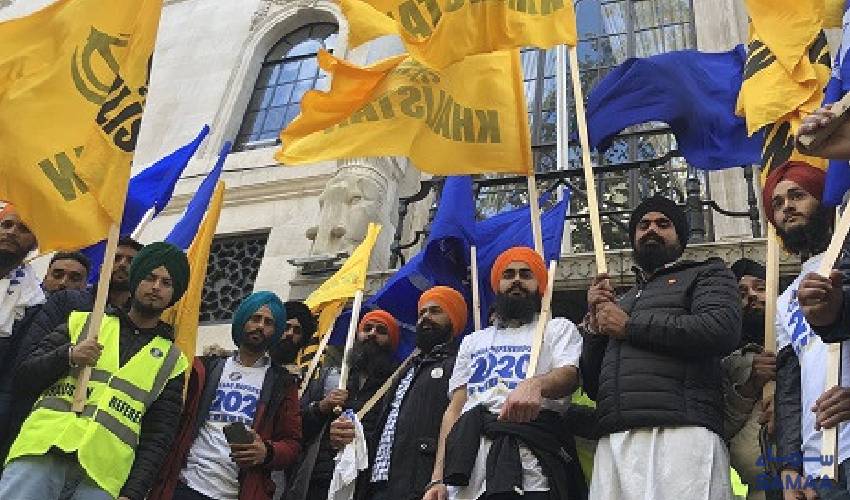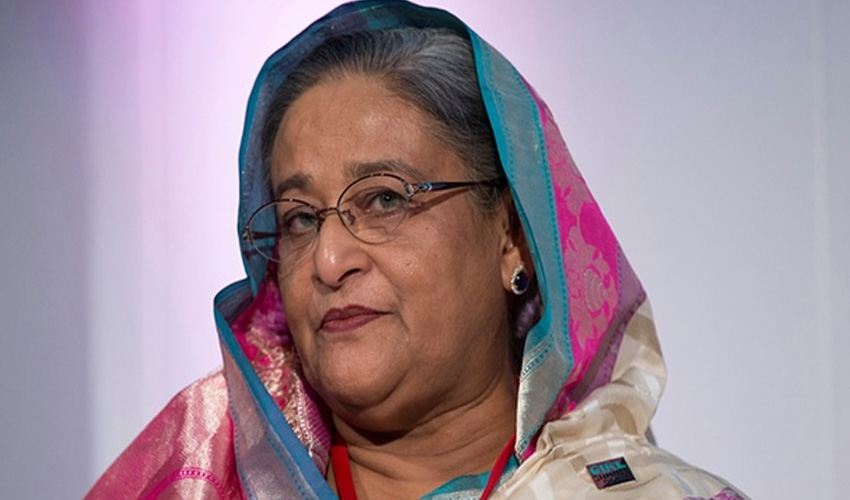Farmers across Afghanistan are calling for enhanced collaboration from the Islamic Emirate in identifying viable alternatives to cultivating illicit drug crops.
The farmers expressed their concern over the absence of government assistance in developing alternative cultivation methods since the prohibition of poppy cultivation and drug manufacturing.
Ghulam Nabi, a farmer, lamented the lack of government support for alternative cultivation, stating, "Under opium cultivation, we could earn a decent living through our hard work. Now, without opium, the government has not provided any assistance for alternative farming."
Faridullah, another farmer, echoed the call for government support, pleading, "We urge the government to supply us with seeds for alternative cultivation, enabling us to profit from it."
The UNODC underscored the importance of continued discussions on cultivating alternative crops in Afghanistan.
The UNODC highlighted the need for further dialogue on alternative livelihoods, stating, "UNODC recently brought together a group of experts in Kabul to explore sustainable alternative livelihood solutions for former poppy farmers who depended on illicit crop cultivation. We need to foster more discussions about alternative livelihoods."
The Islamic Emirate recognized the need for research and support from international countries and institutions to identify viable alternative cultivation options across Afghanistan.
Zabiullah Mujahid, spokesman for the Islamic Emirate, emphasized the need for research to identify suitable alternative crops, stating, "We require research to identify the various areas that can be offered to the people as alternative crops, allowing us to enhance their economic well-being through this means."



























